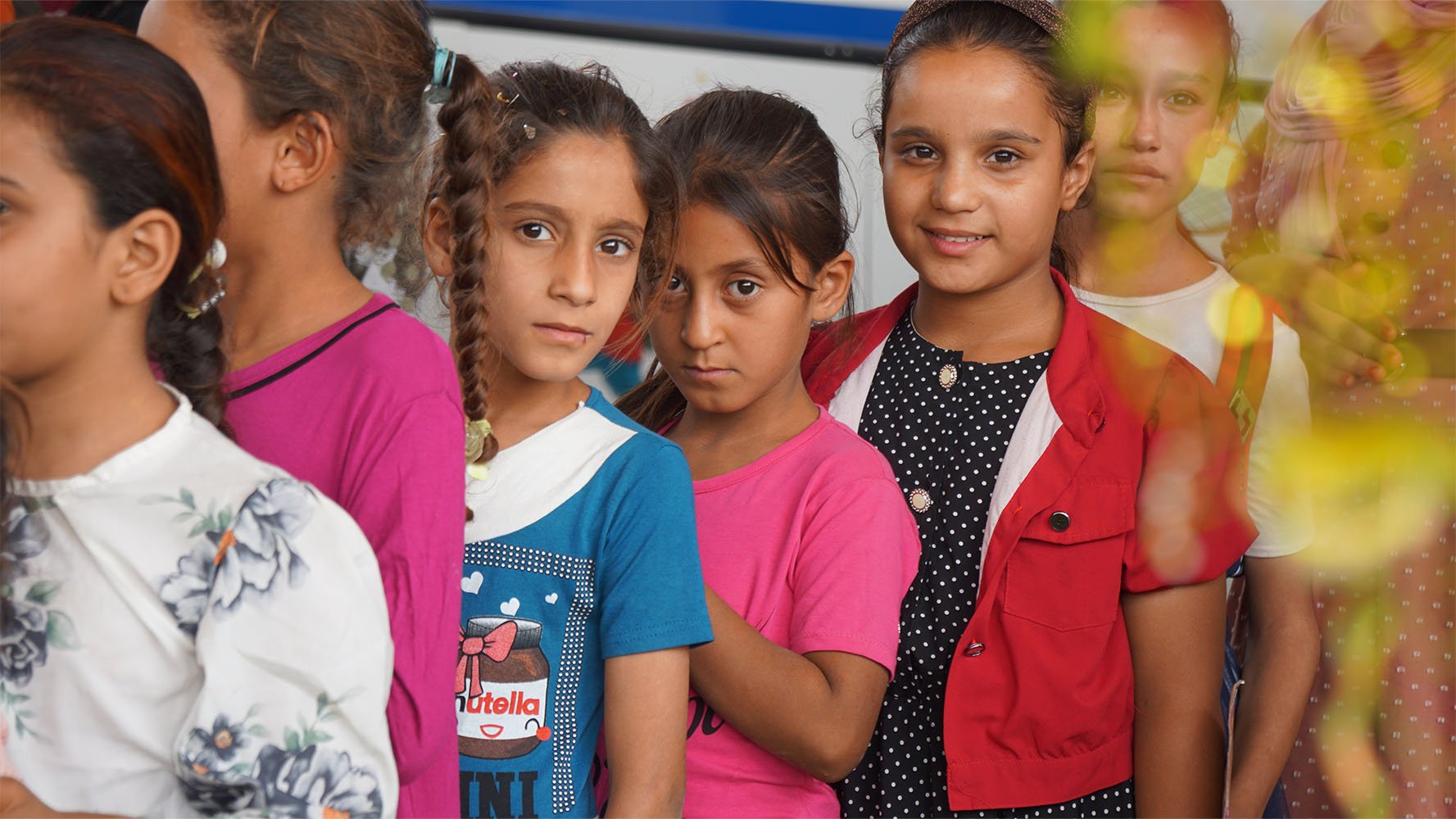November 11, 2024
While liberal women in the U.S. react to President Donald Trump’s election victory with demonstrations and participation in the “4B” movement—vowing to avoid men—women’s rights in other parts of the world are facing critical setbacks. In Iraq, a new draft law proposes drastic changes to family law that activists warn would deeply harm women and girls, including allowing girls as young as nine to marry.
According to France24, the legislation would amend Iraq’s “Personal Status Law” to give families the choice of using religious authorities or civil courts for family matters, including marriage age, divorce rights, and custody arrangements. The proposed law would lower the minimum age of marriage for girls from 18 to just nine years old, a change that women’s rights advocates argue would effectively “legalize child rape.”
Raya Faiq, an Iraqi activist speaking to The Guardian, condemned the bill, calling it “a catastrophe for women.” She stressed that the changes would enable exploitation, stating, “This law legalizes child rape.” The law would also remove key protections currently afforded to women in Iraq, impacting their rights to divorce, custody, and inheritance.
Amnesty International has also raised alarm over the draft law, with Iraq researcher Razaw Salihy urging that the legislation be “stopped in its tracks.” Salihy warned that if passed, the amendments would impose “a ring of fire around women and children” in Iraq, pushing back decades of progress in women’s rights and placing them at greater risk of harm.
Under the proposal, Iraqi Muslims who reach the “age of maturity” and seek marriage would choose whether to adhere to the existing 1959 Personal Status Law or instead follow Sharia-based rules on family matters. Critics argue that allowing religious authorities to govern these issues will open the door to practices such as early child marriage, undermining basic human rights protections.
The proposed amendments to Iraq’s family law have sparked a surge of protests among activists and human rights organizations globally. They argue that while some may view the law as providing “choice” in family matters, it would in reality deny girls and women autonomy, pushing them into legally sanctioned roles that strip them of rights over their own lives.
The discussion around this bill serves as a stark reminder of the vastly different struggles women face around the world. While American activists protest issues of representation and influence, many women and girls abroad are fighting for fundamental rights and protections against violence and exploitation.
Sources:
- France24, “Iraq’s Proposed Law Change Sparks Outrage Among Women’s Rights Activists,” source.
- The Guardian, “Iraqi Activists Fight Against Draft Law That Could ‘Legalize Child Rape,’” source.
- Amnesty International

